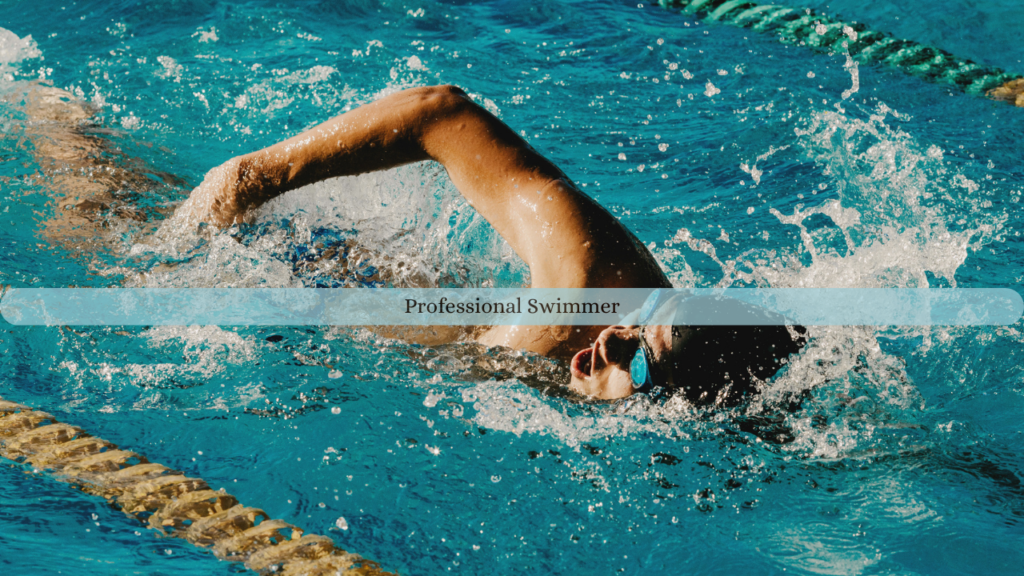
Becoming a professional swimmer is not just about mastering technique or building physical strength—it’s about a deep commitment to a challenging lifestyle. It requires a combination of exceptional skills, unwavering dedication, and the ability to maintain a balance between physical training, mental fortitude, and personal life. While swimming may seem graceful and effortless from the stands, the making of a professional swimmer is a long and arduous journey that demands years of practice, discipline, and an unyielding love for the sport.
The Essential Skills
At the heart of professional swimming are technical skills that swimmers must develop and refine continuously. These include perfecting stroke technique, building endurance, and achieving speed. There are four main strokes in competitive swimming—freestyle, backstroke, breaststroke, and butterfly—each requiring a unique combination of body movements, breath control, and coordination.
A swimmer’s technique is crucial; it can make the difference between winning and losing races. Coaches often focus on refining even the smallest details, such as hand placement, kick propulsion, and the timing of breath during strokes. Start and turn techniques also play a pivotal role, as these can shave off precious seconds from a swimmer’s time.
Alongside technique is the need for incredible physical fitness. Swimmers build core strength, endurance, and flexibility through rigorous dry-land exercises and weight training. Flexibility is essential for long, fluid strokes, while endurance ensures that swimmers can maintain high speeds over extended distances. Professional swimmers spend countless hours training both in and out of the pool to stay in peak condition.
Dedication and Hard Work
Dedication is the cornerstone of any professional swimmer’s success. The amount of time and energy that goes into training is staggering. Most professional swimmers train between five and six days a week, with sessions often lasting several hours. Early mornings and late nights in the pool are a reality. For many, the daily grind begins at 5:00 AM with swim practice, followed by another session in the afternoon.
Beyond physical training, swimmers dedicate time to refining their mental toughness. Mental strength is critical in high-pressure situations, such as competitions, where fractions of a second determine victory. Techniques like visualization, mindfulness, and goal-setting help swimmers stay focused and calm, even when under intense pressure. Swimmers must also be prepared to face setbacks—whether it’s losing a race, dealing with injuries, or coping with exhaustion. The road to becoming a professional swimmer is filled with challenges, but only those with the resolve to keep pushing forward succeed.
The Lifestyle of a Professional Swimmer
The life of a professional swimmer requires immense sacrifices. Social outings, vacations, and even sleep are often compromised in the pursuit of success. Many swimmers also have to balance their swimming careers with academic or professional commitments, which adds to the pressure. For those at the top, the sport can become a full-time occupation with constant travel for competitions and training camps.
Diet is another crucial element of the swimmer’s lifestyle. Maintaining the right balance of nutrients and calories is essential to fuel the intense physical exertion required in training and competition. Many swimmers work closely with nutritionists to ensure they are consuming the right mix of proteins, fats, and carbohydrates to enhance performance and recovery.
Conclusion
The journey to becoming a professional swimmer is not for the faint-hearted. It requires a blend of extraordinary skills, relentless dedication, and a lifestyle geared toward constant improvement. While the sport demands immense physical and mental effort, the rewards—personal growth, international recognition, and the sheer joy of swimming at the highest level—make the journey worthwhile. For those who possess the passion and commitment, swimming professionally is not just a career, but a way of life.